In a recent yoga class, I felt myself check out with dread as the teacher instructed us all to move into mandukasana – frog pose. My inner voice promptly reminded me that this is a pose I cannot begin to even get into, nor will I ever be able to. “I’m just not made for this pose,” I thought. So, without even attempting it, I found another pose far more comfortable for me, completely ignoring the teacher’s guidance and settling into the safe zone for my body and for my practice.
How often do we similarly check out of something in our professional lives without ever attempting it because we’ve previously decided we cannot, and will be able to, do it? What is the appropriate balance between embracing our strengths (and consequently admitting our non-strengths) and being willing to stretch, grow, and develop? For how long do we keep stretching before deciding that our professional muscles just aren’t cut out for a certain task, job or role?
I was recently coaching a client who posed some of these questions about her own StrengthsFinder results. She wanted to discuss the “danger” of beginning to use our strengths (or non-strengths) as excuses or crutches. I knew exactly where she was coming from. For years, I had used the word “perfectionist” to excuse negative self-talk and unhealthy behaviors I’d adopted. In other words, seeing on paper a word that confirmed I’m an Achiever, and will work tirelessly to accomplish tasks, had given me the permission I needed to run myself ragged and further, to have a framework with which to excuse my behavior. I had taken something good and turned it into a crutch.
On the other end of the spectrum, now that I’ve seen my Full 34 list of talents from the Clifton StrengthsFinder assessment, I catch myself saying, “I’m just not adaptable, it’s my 34th strength,” as a means of avoiding the “Adaptability pose” so to speak. But aren’t there times when it would behoove me to stretch my Adaptability muscles and make some progress in that realm? Is that counter-intuitive to investing in my strengths? While Adaptability is a talent (a naturally occurring pattern of thought of behavior), it’s not a skill. Taking things as they come and going with the flow are likely always going to feel like writing with my non-dominant hand for me. While I can make marginal improvement in those areas, my chances of achieving near perfect performance in them are slim, so I consciously choose not to invest in that area. Something like special event planning is a skill. While at first glance it might appear to be a skill that requires Adaptability, it is actually an activity that I can approach best from my own talents and strengths, becoming better at it with time and practice. There is a distinct difference between required skills in a job (where we may be required to grow and develop) and the strengths which we work out of to improve in them. Furthermore, just because a talent is found at the bottom of my list, so to speak, doesn't mean I don't "have it." So often I hear from clients, "I can't believe I don't have ___________!" As a complex human being, I have many talents. Some I may not show up in my life very strongly or very often but that doesn't mean they are completely void in my set of thoughts and behaviors.
If you are in a job where you never get to “write with your dominant hand,” it may be time for a change. You may find more engagement and job satisfaction if you’re able to work from your dominant strengths more frequently. If your job requires you to learn new skills you haven’t yet mastered, I’d encourage you to lean into those things. Don’t write them off. Stretch the muscles and see if you can make progress in the pose.
So the next class in which we’re instructed to take Frog pose, I’m going to take a deep breath, silence the self-doubt and refuse to say no to the pose.
Interested in exploring strengths-based development and coaching?
Contact us at info@propelpeople.com.
